Top Obama-era intelligence officials testified in 2017 and 2018 that they had no empirical evidence of a conspiracy between the Trump campaign and Russia, despite the narrative of collusion pushed publicly during and after the 2016 election. These revelations come from newly resurfaced transcripts of House Intelligence Committee interviews.
Among those interviewed were Director of National Intelligence James Clapper, Attorney General Loretta Lynch, National Security Advisor Susan Rice, and UN Ambassador Samantha Power—all of whom confirmed they had not seen or received direct evidence of collusion, coordination, or conspiracy.
“I never saw any direct empirical evidence that the Trump campaign or someone in it was plotting/conspiring with the Russians to meddle with the election,” Clapper testified. “There weren’t concerns about the evidence we were seeing, anecdotal evidence… but I do not recall any instance where I had direct evidence.”
Lynch echoed the sentiment, stating she didn’t recall being briefed on such evidence. Power and Rice also admitted under questioning that they saw no intelligence pointing to conspiracy or coordination.
This testimony aligns with Special Counsel Robert Mueller’s investigation, which did not find sufficient evidence of criminal coordination between Trump’s team and Russia, though it did not make a determination on obstruction of justice.
The issue has resurfaced amid new reports that former CIA Director John Brennan and former FBI Director James Comey are now under criminal investigation for their roles in the Trump-Russia probe, including allegations of false statements to Congress, according to DOJ sources.
According to notes obtained by Fox News Digital, Brennan had briefed President Obama on July 28, 2016, regarding intelligence that Hillary Clinton’s campaign had approved a plan to vilify Donald Trump by linking him to Russian interference, in part to distract from the controversy over her private email server. Those notes were later passed on to Comey and FBI counterintelligence agent Peter Strzok under the project Crossfire Hurricane.
Despite the referral, the FBI did not investigate the Clinton-linked intelligence but proceeded with its probe into the Trump campaign.
When asked whether she had any “smoking gun” evidence of collusion, Susan Rice said there were things that “gave me pause,” but she didn’t recall any intelligence that amounted to evidence of a conspiracy. She also said she had no recollection of intelligence proving coordination or collusion.
These testimonies further highlight a gap between private assessments of intelligence officials and their public messaging at the time, as well as ongoing concerns about the origins and handling of the Trump-Russia investigation.
Newly resurfaced House Intelligence Committee transcripts and declassified reports reveal that top Obama-era officials had no solid evidence of Trump-Russia collusion, despite continuing to push the narrative publicly.
Former Deputy National Security Advisor Ben Rhodes admitted during his congressional interview that he never saw direct evidence of collusion.
“I saw indications of potential coordination, but I did not see, you know, the specific evidence of the actions of the Trump campaign,” Rhodes said.
Meanwhile, former FBI Deputy Director Andrew McCabe, when questioned about the infamous Steele dossier compiled by former British spy Christopher Steele, acknowledged:
“We have not been able to prove the accuracy of all the information.”
Pressed further, he admitted: “That’s correct,” when asked if he couldn’t confirm whether the dossier’s claims were true or not.
Dossier Doubts and Push for ‘Narrative Consistency’
Despite these internal doubts, former CIA Director John Brennan insisted on including Steele’s unverified material in the Intelligence Community Assessment (ICA) about Russian election interference. According to a newly declassified internal CIA review:
“Despite objections, Brennan showed a preference for narrative consistency over analytical soundness.”
A December 2016 email from Brennan’s deputy warned that including the dossier could “jeopardize the credibility of the entire paper.” Still, Brennan pushed for its inclusion, stating, “my bottomline is that I believe that the information warrants inclusion in the report.”
However, in May 2023, Brennan testified under oath that the CIA opposed including the dossier in the ICA. He told Congress:
“The CIA was very much opposed to having any reference or inclusion of the Steele dossier in the Intelligence Community Assessment.”
This contradiction is now central to a criminal investigation into Brennan for possible false statements to Congress.
FBI’s Role and Misuse of Steele’s Reporting
Although Steele’s claims were ultimately excluded from the ICA’s main body, they were included in a footnote—largely at the insistence of senior FBI officials, according to the DOJ inspector general and Senate Intelligence Committee.
The footnote, declassified in June 2020 by then-DNI John Ratcliffe, stated that Steele’s information had only “limited corroboration.” It also noted:
“The FBI source caveated that… the source was unable to vouch for the additional information’s sourcing and accuracy.”
Despite these warnings, the FISA warrants used to surveil Trump campaign aide Carter Page heavily relied on Steele’s reporting. The DOJ Inspector General Michael Horowitz later found “significant inaccuracies and omissions” in those warrants.
Brennan and Comey Under Criminal Investigation
DOJ sources told Fox News Digital that evidence of wrongdoing by Brennan has been referred to the FBI by Ratcliffe. An official investigation into Brennan is ongoing, particularly regarding his testimony to Congress and potential misconduct in handling the dossier.
Former FBI Director James Comey is also under investigation, although DOJ sources did not disclose the specific allegations.
Two sources characterized the FBI’s internal view of Brennan and Comey’s actions as part of a “conspiracy,” which could open the door to a broader array of legal consequences.
What Comes Next
While it’s unclear how far these investigations will reach, they mark a dramatic turn in the ongoing fallout from the Trump–Russia probe. The long-standing public narrative of collusion—never substantiated by hard evidence—now appears to have been built on politically driven assumptions, according to these newly revealed records and testimonies.
This article has been carefully fact-checked by our editorial team to ensure accuracy and eliminate any misleading information. We are committed to maintaining the highest standards of integrity in our content.

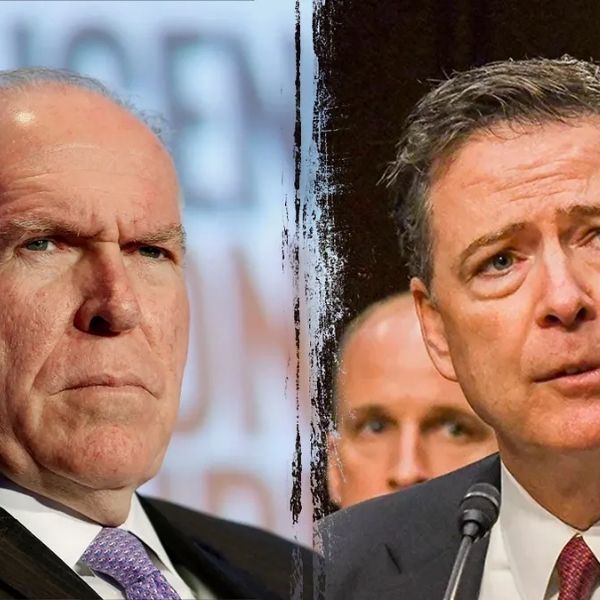


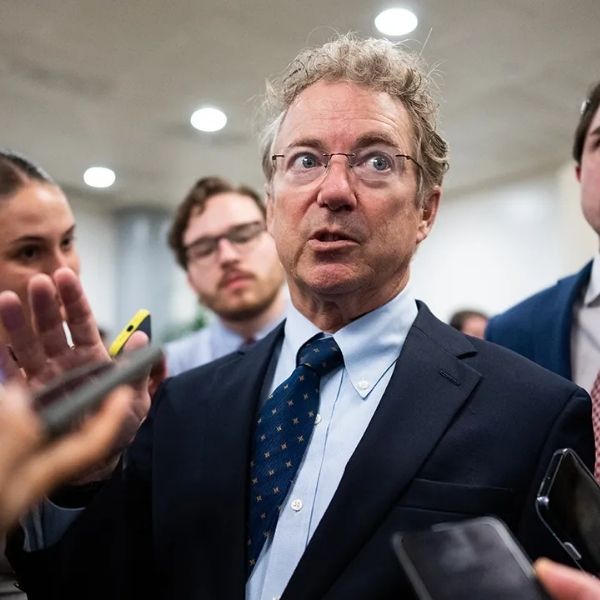
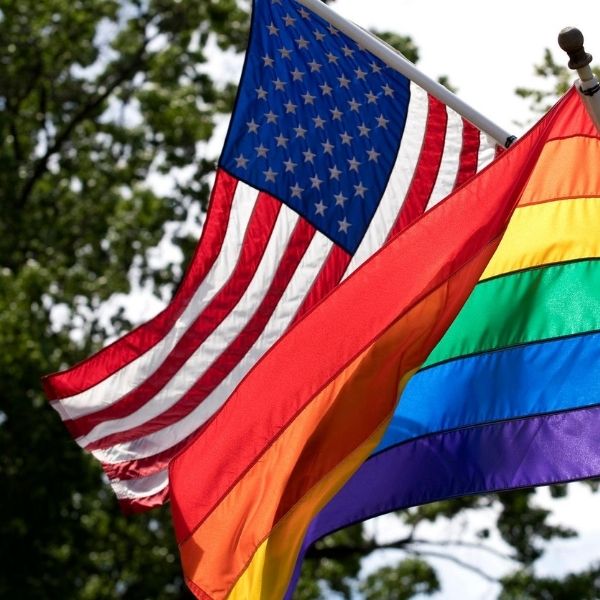
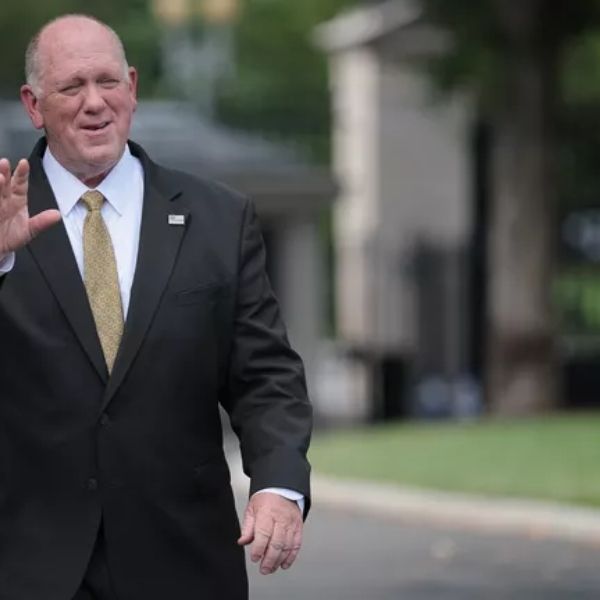
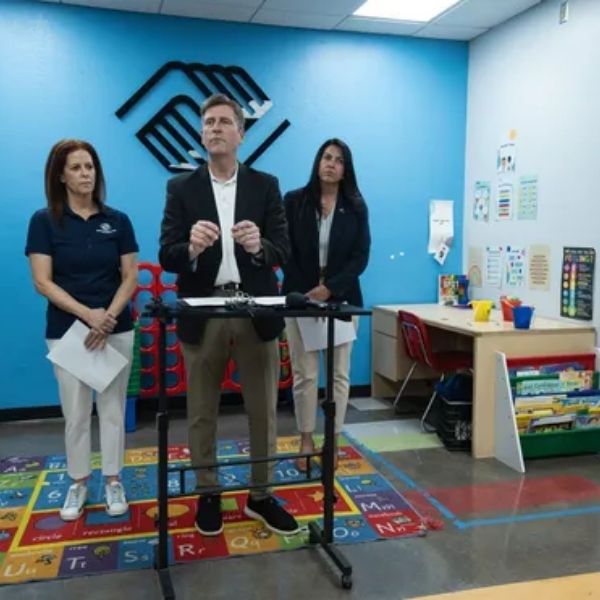
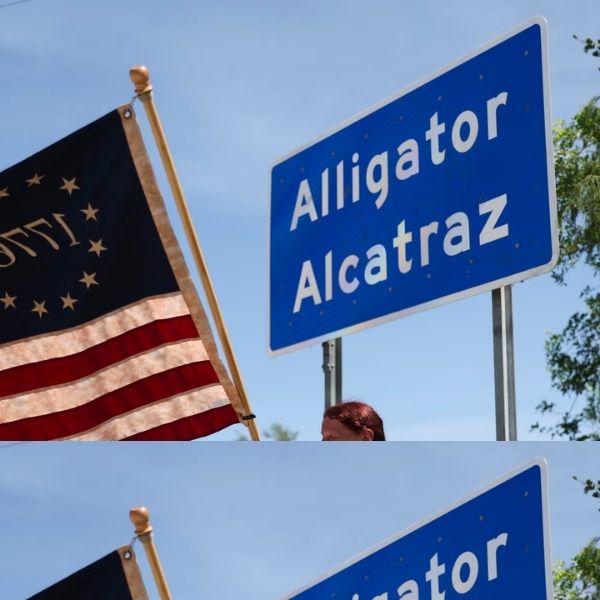

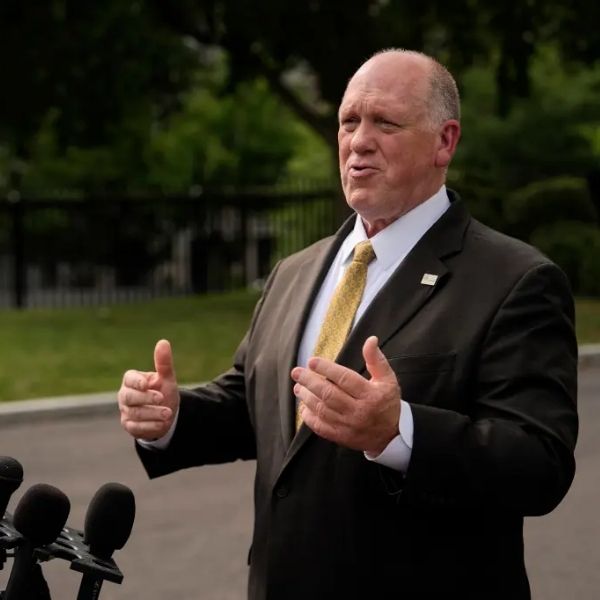
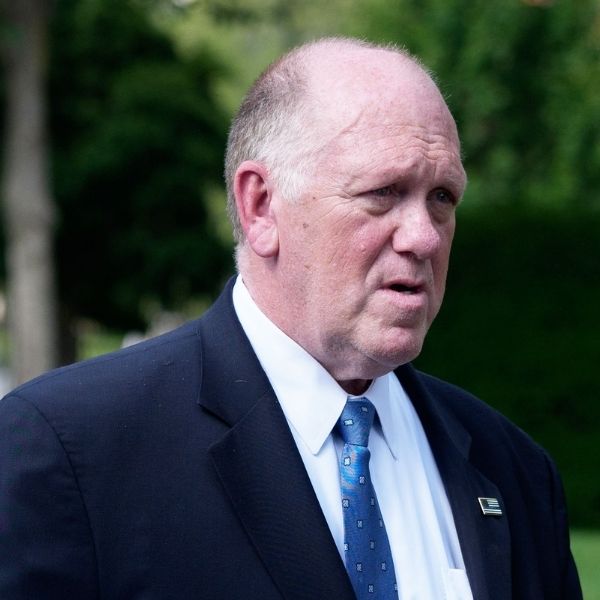
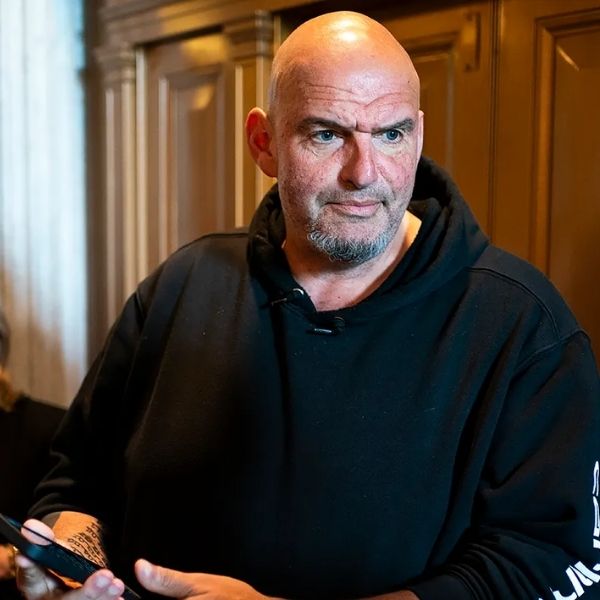



Leave a Reply